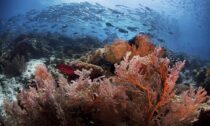
A new study has revealed that a 1.5°C increase in temperatures will result in virtually every single coral on the planet bleaching, scientists are warning. The research found that only a minuscule 0.2% of reefs would escape at the bleaching events.
The team of researchers from James Cook University, the University of Leeds and Texas Tech University used the latest climate modeling data to demonstrate the catastrophe facing our coral reefs as a result of the earth warming.
The study found that even areas that were perceived to be able to withstand the rising temperature would not be able to, and the corals would enter into bleaching events.
However, things may not be total doom, and there is a ray of hope.
The lead author of the study Adele Dixon, a Ph.D. candidate at the Univ...
Read More









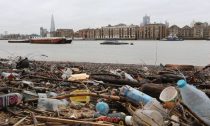
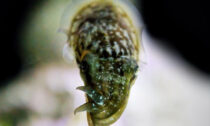




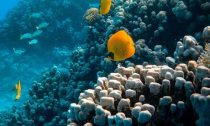
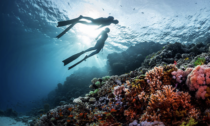
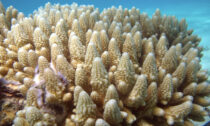

Social Profiles